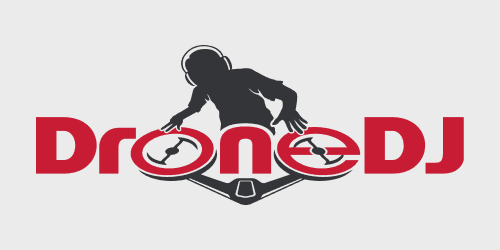
Scientific Applications & Research Associates (SARA) has sued drone delivery company Zipline in a California court, claiming that Zipline’s new acoustics-based drone detection and avoidance (DAA) system violates a patent covering SARA’s technology.
Founded in 1989, SARA is a research firm that focuses on the development of sensing and collaboration systems for autonomous machines, among other things. It announced a first-of-its-kind acoustic collision avoidance technology for drones in 2007 and filed for patent protection. US Patent 7,606,115, entitled “Acoustic Airspace Collision Detection System,” was issued to the employee-owned company on October 20, 2009. Since then, SARA has continued to enhance its acoustic DAA technology and partnered with major drone industry players in the process.
SARA says it first started working on acoustic detection technology in 1999, tasked with finding a solution for use in military applications. While the initial aim was to allow a small drone to distinguish military vehicles from civilian vehicles, the final solution for which the patent was filed allowed drones to:
- “hear,” “locate,” and “track” other nearby, low-flying aircraft
- determine whether a collision is imminent
- take necessary evasive action
Zipline approached SARA for drone DAA tech in 2017
In its lawsuit, SARA explains that Zipline entered into discussions with SARA in 2017. The logistics company was interested in incorporating SARA’s acoustic DAA technology into its delivery drones. A confidential non-disclosure agreement was signed to facilitate the discussions.
During 2017 and early 2018, talks between the companies led to the negotiation of a term sheet describing the proposed details of their partnership. Zipline was made aware of SARA’s acoustic DAA technology and patent also as part of this process. This is when Zipline obtained proprietary, trade secret information about SARA’s products and technology, subject to confidentiality agreements.
Later in 2018, Zipline abruptly ghosted SARA and did not re-engage despite periodic attempts by SARA to restart discussions.
Read: DJI reseller lists Avata drone accessories on web before launch
Fast-forward to June 7, 2022, and Zipline unveiled its onboard acoustic-based DAA system as “a first for the industry.” Company CTO and cofounder Keenan Wyrobek explained how his team had spent three years “building prototypes, running tests, and doing lots of analysis” as well as fine-tuning both the hardware and the software systems.
SARA’s lawsuit, meanwhile, alleges that Zipline has been manufacturing, using, selling, offering to sell, and/or licensing drones featuring acoustic DAA systems that infringe one or more claims of SARA’s patent “since at least April 2020.”
SARA says that engaging in such kind of unlawful activity is characteristic of the culture of Zipline. It refers to a 2021 video interview of CEO Keller Rinauldo in which he states that a “fundamental truth” he had learned was that “if you ask for permission, the answer is always no. So, better to… just like… kind of go for it and hope for forgiveness. I’ve been given forgiveness more often than I’ve been given permission.”
In another example of shady behavior on Zipline’s part, SARA points to a now-deleted LinkedIn post in which a Zipline delivery drone was seen with acoustic DAA microphones affixed to its wings. Gur Kimchi, former VP of Amazon Prime Air commented on that photo: “Hey Zipline – that sure looks like a microphone array for airborne detect and avoid :)” Kimchi also tagged SARA CEO Parviz Parhami on his comment. By the next morning, Zipline had deleted the post, including the photograph and Kimchi’s comment, from its LinkedIn page.
SARA has now requested a trial by jury in the matter, stressing that the lawsuit represents the company’s commitment to the steadfast protection of its intellectual property and the hard work and innovation of its world-class team of engineers.
Below is Zipline’s comment:
Our revolutionary Detection and Avoidance system uses proprietary technology that Zipline independently developed, specifically for our aircrafts. This lawsuit entirely lacks merit and we will vigorously defend ourselves.
Read: An inside look at Amazon’s drone delivery system, flight-testing facilities
FTC: We use income earning auto affiliate links. More.





Comments